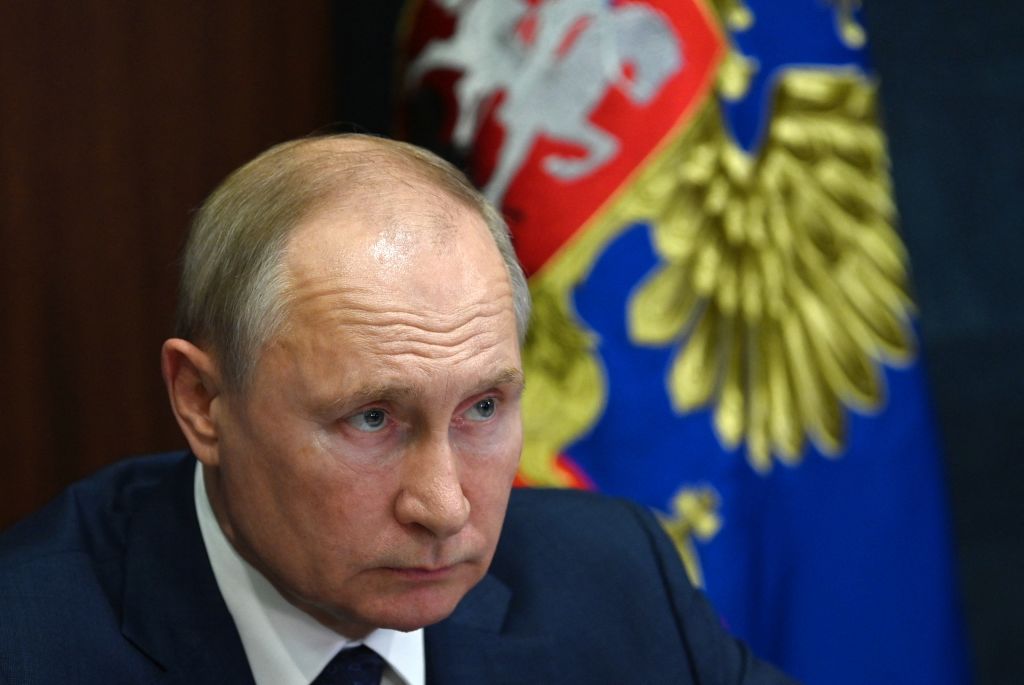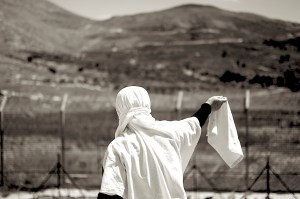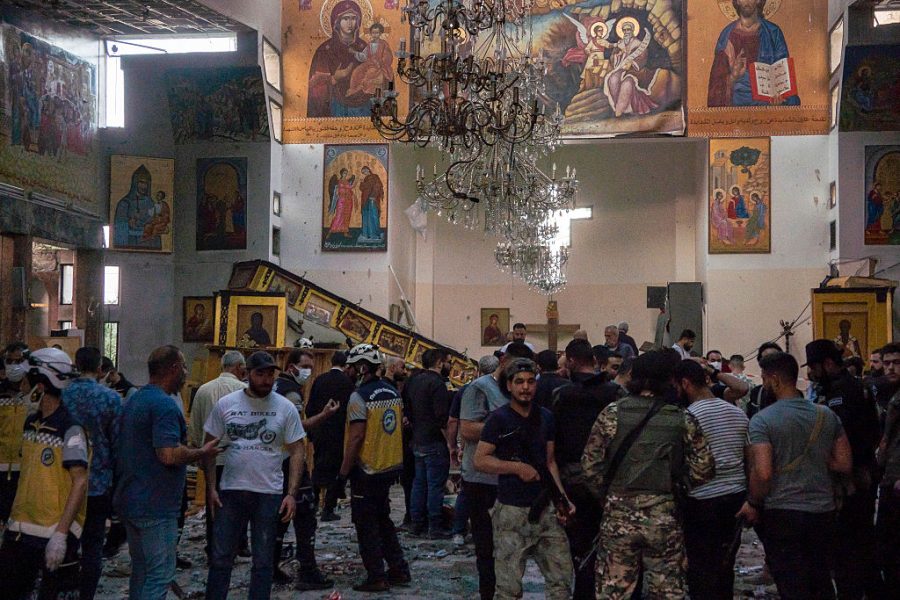Almost every night in Russia, it seems, a government building bursts into an unexplained fire. Fuel depots, office buildings, infrastructure hubs — and once a bridge. No doubt people have their theories. Insinuation abounds. “Karma is a cruel thing,” one Ukrainian official has said on Telegram. But in the main, both the Russian government and Ukraine maintain an eloquent silence.
The metaphor is apt. The fires are an unexpected consequence of Russia’s war in Ukraine, an eventuality, no doubt, that no one in the Kremlin inner circle anticipated, or planned for. And yet they burn merrily nonetheless.
Russia’s president and his confidants did not expect the war to last this long, to bring forth this level of Ukrainian resistance, or for the Russian armed forces to perform quite so badly. But all these things happened. Wars are easy to start, but their courses and consequences are almost impossible to predict — and largely out of the warmakers’ hands.
The great majority of Russia’s regular armed forces are now in Ukraine, where they are estimated to have suffered, in fewer than three months, a casualty rate of up to a quarter of their total strength. Lloyd Austin, the American secretary of defense, said that his country’s aim in aiding Ukraine is to see “Russia weakened” so it can no longer invade its neighbors. The consequences are felt beyond Russia’s “near abroad.”
With so much of its armed forces committed to Ukraine, and suffering badly within it, other Russian military efforts across the world are beginning to sag and fail.
What is true within Russia becomes true of Russia’s position in global power politics. Almost daily, the question is asked, where will the next fire break out?
Before the war began, Russia bloodlessly invaded Kazakhstan at the behest of its government. The last of those “peacekeepers” left the country in late January, doubtless to fight in Ukraine.
Ever since that war began to go south, Kazakhstan has begun to act with increasing independence. Its government has stated that it will increase military spending in self-defense. Its officials claim they will not help Russia evade global sanctions. Kazakhstan will not participate in, nor hold, any parade on May 9 — the Victory Day which is at the heart of Putin-era propaganda, symbolism, and national myth. It is a gesture of Kazakh independence.
Elsewhere, Russian regulars have been withdrawn from their deployments in Syria. Ukrainian aerial victories have shot down pilots who have been fighting in Syria for much of the last seven years. This is unlikely to imperil the ruling Assad regime, but in a country which is nominally balanced between Russian, Iranian and Turkish zones, the weakening of one creates unforeseen consequences for all.
In the borderlands of Armenia and Azerbaijan, meanwhile, uneasy peace after the 2020 Nagorno-Karabakh war has been maintained by Russian forces. With their numbers in decline, and unlikely to be reinforced, the Azeris, who handily won the war last time, see no harm in ratcheting things up once more.
Russia has claimed that Azerbaijan’s forces have entered disputed zones and violated ceasefires. But it is in no position to do anything about this. What was once a place of influence for Russia, protecting its Armenian ally from the full effects of defeat, is now a liability and a showcase of Russia’s own weakness.
Another war is not unlikely. Azeri politicians breathe fire on the subject, and have the strength to launch new hostilities if they so choose. They calculate that Russia could not spare the men nor the energy to save Armenia.
From the beginning of the war, Russian Wagner Group mercenaries have been recalled from their far-flung African deployments to join Russia’s fight. At precisely the moment when they were beginning to become a real force on the African continent, they return to be killed in Russia’s neighbor.
Wagner forces are worse equipped and more poorly supported than Russian regulars. They are taking heavy losses. Sir Jeremy Fleming, the head of Britain’s GCHQ, called them “cannon fodder,” and that cannot be far wrong.
Those who were once the foot soldiers of Russia’s growing African empire now fertilize Ukrainian fields in the thousands.
If Russia’s war had gone well, it would not have ended in Ukraine. Incidental evidence, and maps displayed by Vladimir Putin’s Belarusian ally Alexander Lukashenko, appear to show an intention to invade Moldova and to link up with the self-declared breakaway region of Transnistria, a militarized Soviet holdover that is effectively a Russian puppet.
The war might still come their way. Transnistria is already aflame. Explosions whose exact origins are unclear have hit government buildings. Male residents of Transnistria, so conditioned by Russian propaganda, fear conscription — and an invasion by blood-drinking Ukrainians who may any day pour across the border. Western intelligence agencies warn that, for Russia, an invasion of Moldova proper is now on the cards.
This war was meant to go very differently. First Putin attempted by bullying tactics to carve out a sphere of influence — and a geographic union of Ukraine, Belarus and Russia — without lifting a finger. Then Russia’s initial military attempts to secure the same objective collapsed into ignominy and retreat.
Now Russia’s place in the world risks collapse, as longstanding foes size up Russian weakness and wonder whether this is the time to take a chance.
But among the inner circle in the Kremlin, it seems, the appetite for war is not sated. Ukraine is a meatgrinder, but Moldova may not be. And why not declare war formally, and conscript hundreds of thousands of teenagers, on that most symbolic of days, May 9? It is still possible.
Just because a war is going badly, and the country is on fire — the expansionist impulse is not necessarily checked. Russia may be bloodied, its geopolitical pretensions exposed and weakening. But its leaders are yet to learn their lesson.

























